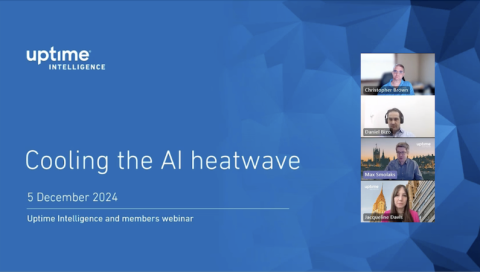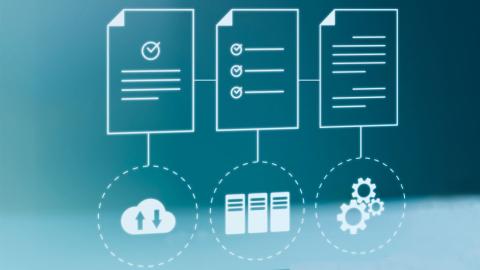The New York state senate recently proposed legislation mandating data center information reporting and operational requirements. Although the Bill is unlikely to pass, the legislation indicates a likely framework for future regulation
filters
Explore All Topics
Dedicated AI infrastructure helps ensure data is controlled, compliant and secure, while models remain accurate and differentiated. However, this reassurance comes at a cost that may not be justified compared with cheaper options.
The US government is applying a new set of rules to control the building of large AI clusters around the world. The application of these rules will be complex.
Data center infrastructure management software is widely used but rarely utilized at full potential. Adopting the latest capabilities and optimizations could achieve better resiliency and efficiency.
Uptime Intelligence surveys the data center industry landscape to look deeper at what can actually happen in 2025 and beyond based on the latest trends and developments. The stronghold that AI has on the industry is a constant discussion - but how…
This summary of the 2025 predictions highlights the growing concerns and opportunities around AI for data centers.
Power and cooling requirements for generative AI training are upending data center design and accelerating liquid cooling adoption. Mainstream business IT will not follow until resiliency and operational concerns are addressed.
Uptime Intelligence looks beyond the more obvious trends of 2025 and examines some of the latest developments and challenges shaping the data center industry.
As a quick reference, we have provided links below to all the research reports published by Uptime Intelligence in 2024, by month. Research areas focused on 1) power generation, distribution, energy storage; 2) data center management software; 3)…
Cloud providers need to win AI use cases in their early stages of development. If they fail to attract customers, their AI applications may be locked-in to rival platforms and harder to move, which can have serious repercussions.
As the industry power demand grows, IT operators must focus on both IT infrastructure power demand and supply. A portion of the required power growth can be eliminated through better utilization of existing and new IT infrastructure and software…
Nvidia’s dominant position in the AI hardware market may be steering data center design in the wrong direction. This dominance will be harder to sustain as enterprises begin to understand AI and opt for cheaper, simpler hardware.
As operators expand their use of hybrid IT and cloud, optimizing the IT could help alleviate concerns over availability and efficiency. This report is part two of a four-part series on data center management software.
In this inaugural Uptime Intelligence client webinar, Uptime experts discuss and answer questions on cooling technologies and strategies to address AI workloads. Uptime Intelligence client webinars are only available for Uptime Intelligence…
Visibility into costs remains a top priority for enterprises that are consuming cloud services. Improving the tagging of workloads and resources may help them to spot, and curb, rising costs.
 Jay Dietrich
Jay Dietrich

 Owen Rogers
Owen Rogers
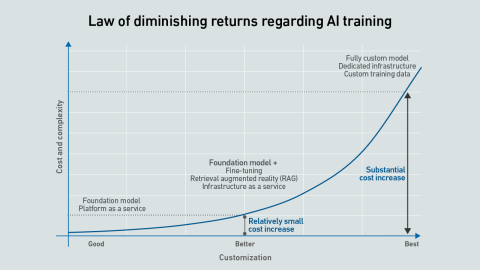
 Daniel Bizo
Daniel Bizo
 Peter Judge
Peter Judge
 Max Smolaks
Max Smolaks
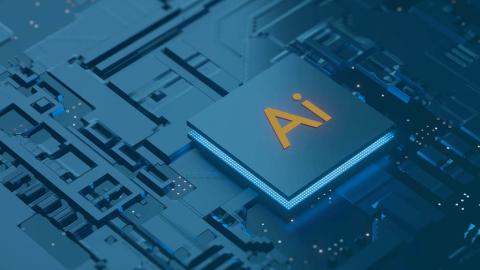
 John O'Brien
John O'Brien
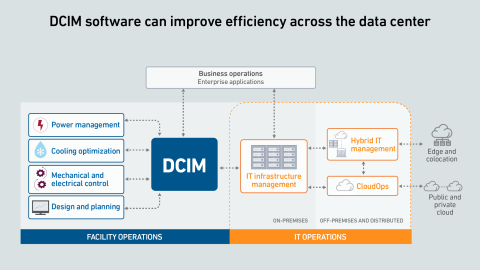
 Andy Lawrence
Andy Lawrence
 Douglas Donnellan
Douglas Donnellan
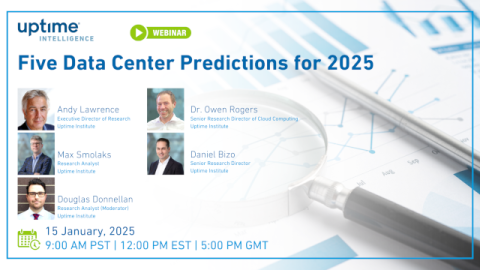
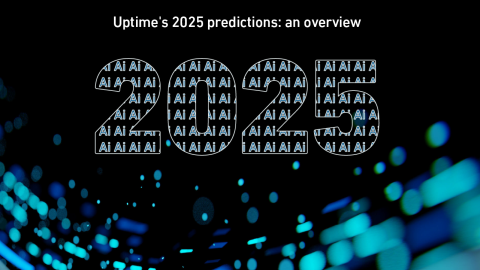
 Jacqueline Davis
Jacqueline Davis

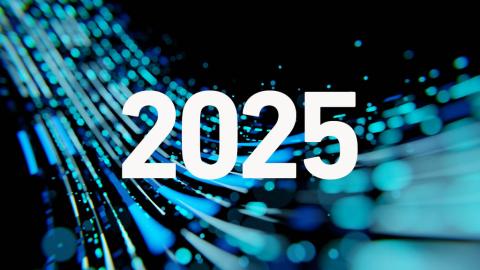




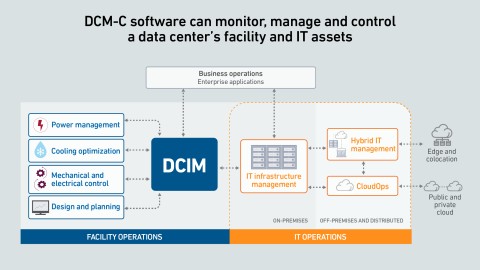
 Chris Brown
Chris Brown
